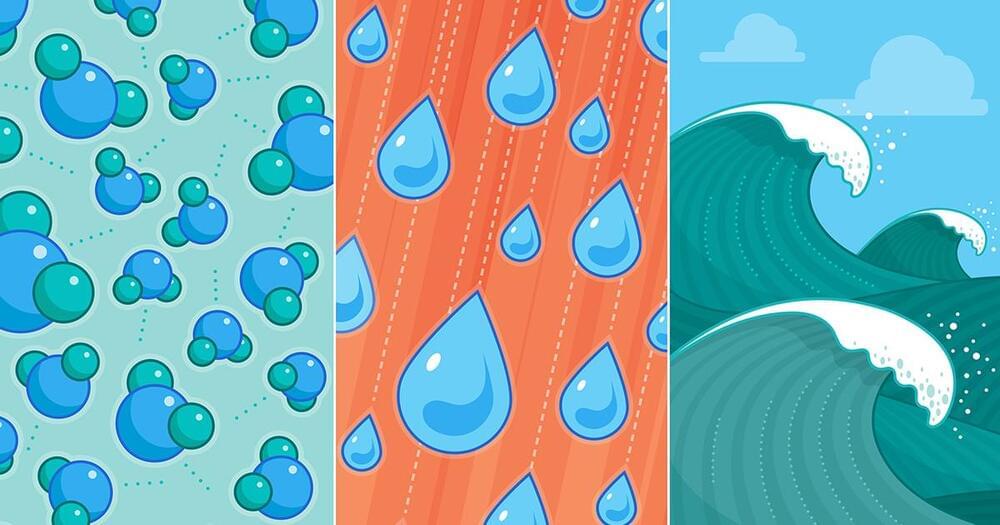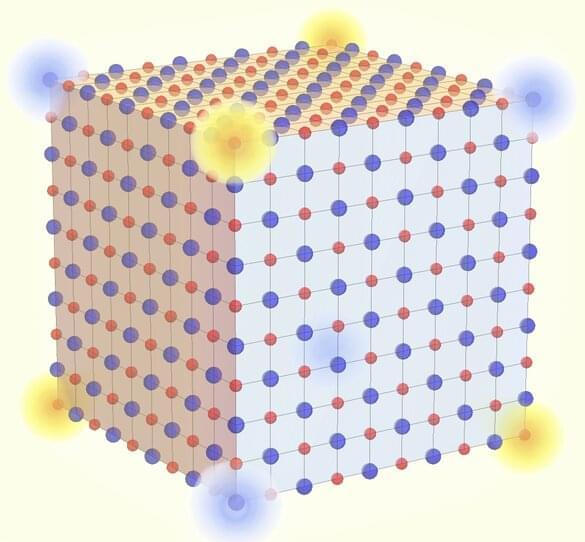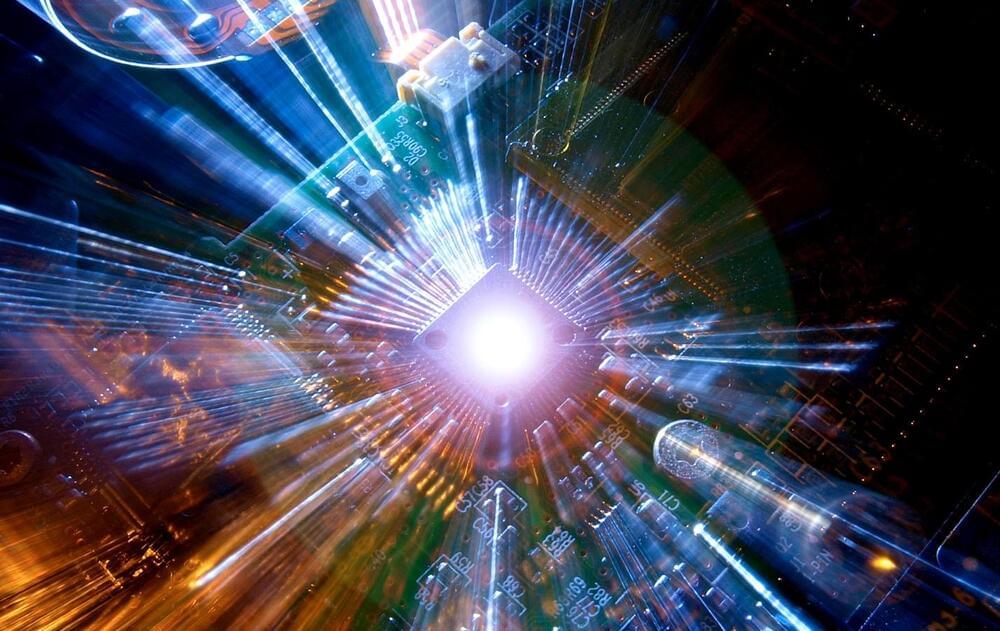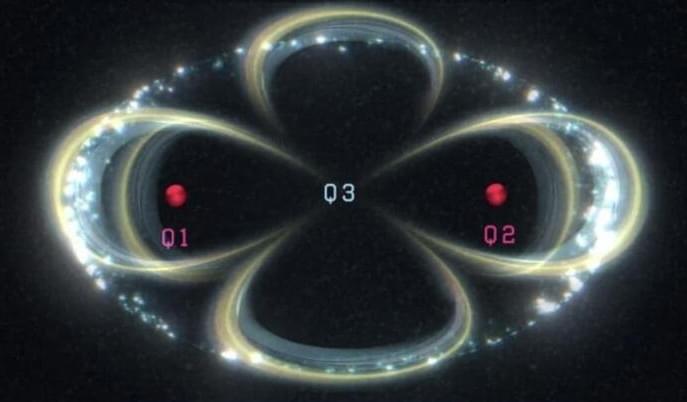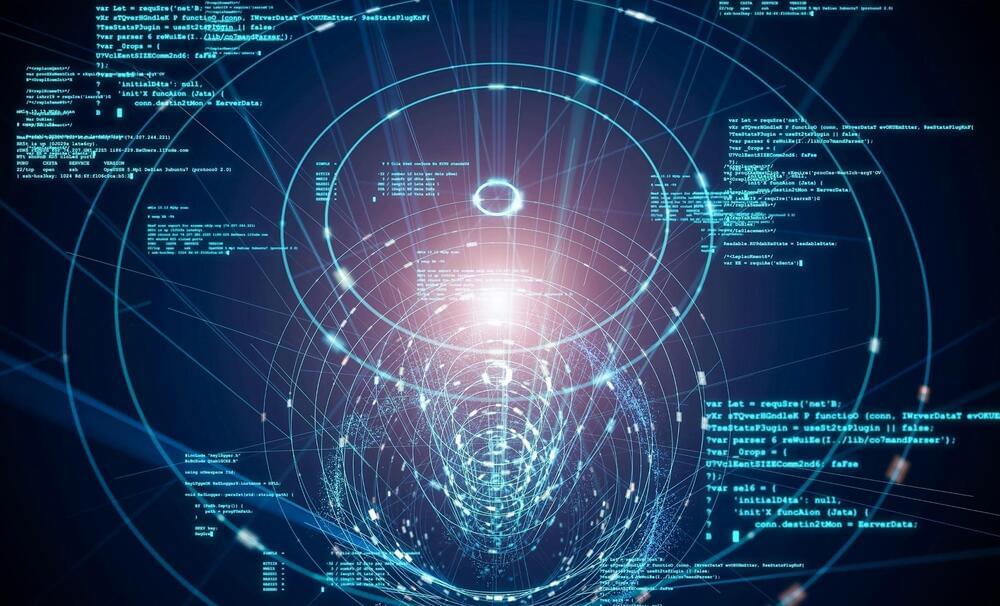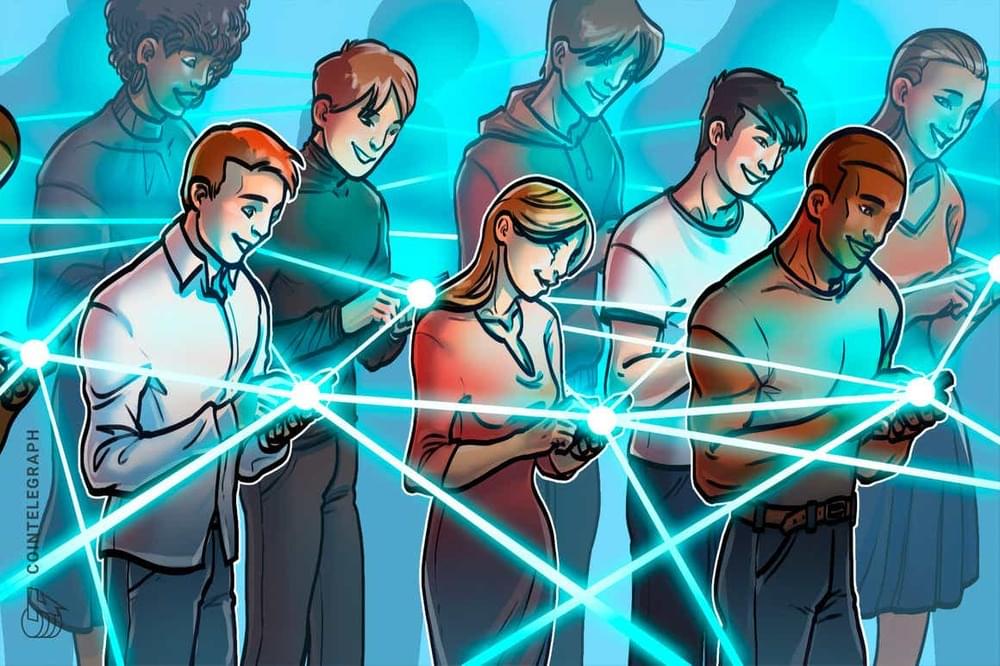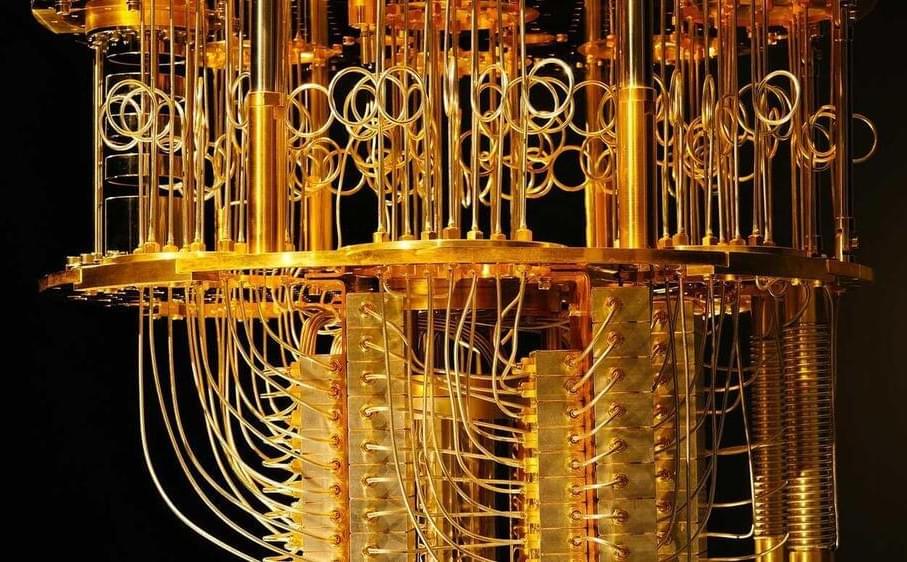In 2014, physicists found evidence of a deep connection between quantum error correction and the nature of space, time and gravity. Generally, gravity is defined as the fabric of space and time but beyond Einstein’s theory, there must be a quantum origin from which the space-time somehow emerges.
The three physicists at the origin of this discovery, Ahmed Almheiri, Xi Dong and Daniel Harlow, suggested that a holographic “emergence” of space-time works just like a quantum error-correcting code. In their paper “Bulk Locality and Quantum Error Correction in AdS/CFT” published in its first version in November 2014, they showed that space-time emerges from this quantum error correction code in an anti-de Sitter (AdS) universes.
The discovery is opening a new way to capture more properties of space-time.
